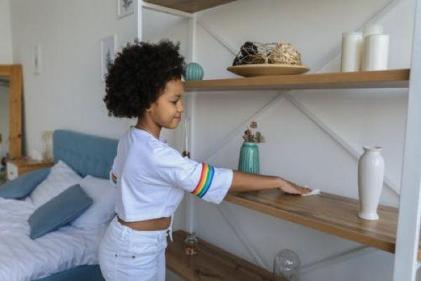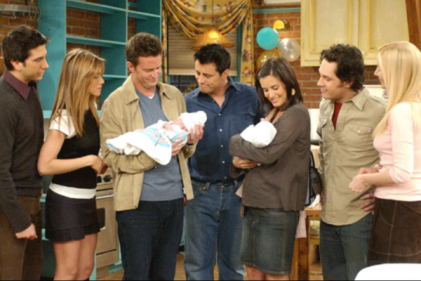Losing your job is bad for anyone. But it’s especially worrying when you have a child, or children, that you need to support.
Not only do you have to deal with the worry and stress of being unemployed, you also have to figure out how to tell your child that life is going to be more difficult, and different, for a while. Here is our advice.
First, don’t delay the conversation. Give yourself time to regroup, and then tell your child what has happened. Don’t assume that your child won’t notice – he or she will certainly pick up on your mood, and any other signs, and will be worried about the change.
Understand that your child will talk to people about your job loss. Preschoolers don’t have an ‘edit’ function when it comes to talking to others. Your child is likely to blurt out that mummy (or daddy) doesn’t have a job anymore, so prepare yourself for it.
Not only do you have to deal with the worry and stress of being unemployed, you also have to figure out how to tell your child that life is going to be more difficult, and different, for a while. Here is our advice.
First, don’t delay the conversation. Give yourself time to regroup, and then tell your child what has happened. Don’t assume that your child won’t notice – he or she will certainly pick up on your mood, and any other signs, and will be worried about the change.
Understand that your child will talk to people about your job loss. Preschoolers don’t have an ‘edit’ function when it comes to talking to others. Your child is likely to blurt out that mummy (or daddy) doesn’t have a job anymore, so prepare yourself for it.
Let your child know what changes there will be in a positive way. If there’s going to be less money, tell your child that, but also tell them that you will be able to spend lots more time together. Also let your child know what will stay the same. Tell them that your partner will still go to work, that you will still live in the same place, and that you still love them. This gives your child a sense of security – very important to young children.
Don’t talk to your child about the details of your job loss. They don’t need to know that you were fired, or if you are worried about not being able to pay the rent. You also don’t want to launch into a complex explanation of how bad the economy is, and how many people are losing their jobs. All your preschooler cares about is his or her immediate family, and his or her life. Anything else will be boring or confusing, or may even make your child afraid.
If you’re not sure what’s going to happen, then you should also not make promises. If you tell your child, for instance, that you’ll have a new job in a month, and then you don’t, your child may think you lied – never something that inspires confidence and security for children.
Lastly, be sure to listen to your child’s questions, and answer them as honestly and concisely as you can. Children want the facts, and you shouldn’t lie to your child, but you also don’t want to overburden them with information.











